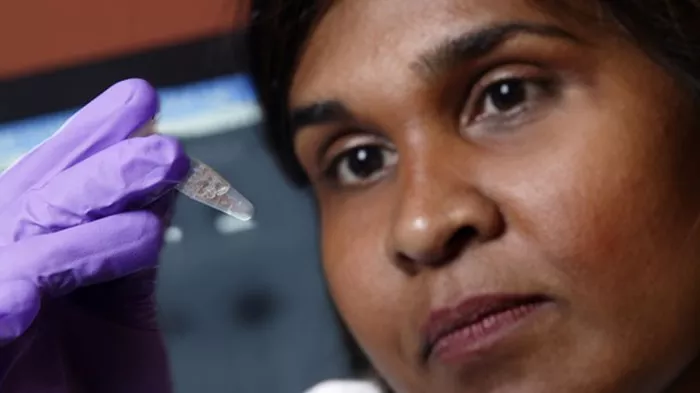As Fiji’s tourism sector slowly recovers from the pandemic’s devastating impact, the island nation now grapples with a new crisis: the rapid rise of methamphetamine addiction. This escalating issue, largely driven by foreign drug cartels using Fiji as a transit point for operations in New Zealand and Australia, is wreaking havoc on local communities and fueling an alarming increase in HIV infections. The combined pressures of drug addiction, rising HIV cases, and an already overstretched healthcare system have created a “perfect storm” threatening Fiji’s stability.
The Methamphetamine Menace
Methamphetamine, locally known as “ice,” is a highly addictive drug that has become increasingly available in Fiji. Its presence is linked to a surge in risky behaviors, including needle sharing, “chemsex” (using drugs to enhance sexual experiences), and “bluetoothing” (the practice of withdrawing blood after a drug hit and injecting it into another person). These behaviors contribute to declining health indicators and a sharp rise in HIV infections.
The impact on Fiji’s youth is particularly concerning, with reports of children as young as nine being treated for meth addiction. As crime rates and HIV/AIDS cases soar, the police have called for a state of emergency to address these intertwined crises. However, the integrity of law enforcement is under scrutiny, with allegations of police corruption linked to the meth trade.
Health System Under Siege
The intersection of meth addiction and HIV presents a grave threat to public health. Methamphetamine use weakens the immune system, making users more vulnerable to infections, including HIV. Compounding this issue is the stigma associated with both drug use and HIV, which discourages many from seeking help or undergoing testing.
Fiji’s healthcare system, already weakened by years of neglect, is struggling to cope with the rising demand for complex services. Hospitals and clinics are underfunded, lack modern equipment, and face significant staffing shortages due to an exodus of health professionals. These deficiencies severely limit the system’s capacity to provide adequate care, particularly in areas such as drug rehabilitation, psychiatric care, and the management of non-communicable diseases, which account for approximately 80% of premature deaths in Fiji.
A National Emergency
The vicious cycle of methamphetamine use, rising HIV cases, and a failing healthcare infrastructure is leading to a broader national crisis. Increased drug use contributes to higher crime rates, greater addiction rates, and elevated HIV transmission, especially among young people. This, in turn, places an even greater burden on Fiji’s struggling healthcare system, police, and legal resources, further undermining the country’s development.
Addressing these interconnected challenges requires a coordinated and holistic response. The United Nations’ AIDS programme, UNAIDS, is collaborating with the Fijian government, civil society, and international partners to develop strategies to combat the crisis. In April 2024, the Pacific Regional Transnational Crime Disruption Strategy was launched with the support of Interpol’s Project Blue Pacific, backed by the Australian Federal Police, New Zealand Police, and the UK National Crime Agency. Additionally, New Zealand has committed to ongoing funding to support improvements in Fiji’s health infrastructure, and in July, a Fijian Counter Narcotics Bureau was established with international assistance.
The Road Ahead
While international partnerships are crucial in combating the supply of methamphetamine, they are not sufficient to address the domestic consequences of the drug trade. The Fijian government must prioritize upgrading medical facilities, expanding training for healthcare professionals, and implementing comprehensive prevention and treatment programs for meth addiction and HIV.
Widespread education campaigns, harm reduction strategies such as needle exchange programs, and accessible testing and treatment services are essential components of a successful response. Furthermore, reducing the stigma and discrimination surrounding meth use and HIV is critical to encouraging individuals to seek help.
Empowering local communities to take an active role in these efforts will lead to more sustainable and culturally appropriate solutions. Collaboration with regional and global health organizations will also provide much-needed technical and financial support. As the crisis unfolds, other Pacific nations will be looking to Fiji for leadership in preventing the spread of these devastating issues across the region.
[inline_related_posts title=”You Might Be Interested In” title_align=”left” style=”list” number=”6″ align=”none” ids=”11355,11351,11453″ by=”categories” orderby=”rand” order=”DESC” hide_thumb=”no” thumb_right=”no” views=”no” date=”yes” grid_columns=”2″ post_type=”” tax=””]

































